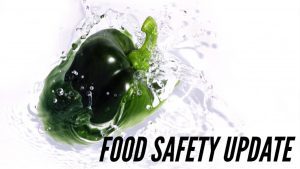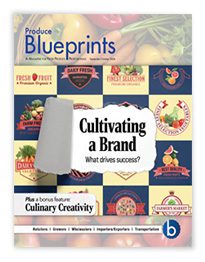While the Food Safety Modernization Act (FSMA) covers worker training, hygiene, and myriad topics, others are waiting to be hammered out such as wildlife contamination, water standards, and the use of manure.

“It’s a work in progress,” said Don Stoeckel, PhD, regional extension associate for the Produce Safety Alliance in the Midwest, but he’s confident blockchain will play a larger role going forward, with retailers taking the lead.
This is already evident with Walmart’s involvement, and recent stipulations that suppliers must implement blockchain if they want to sell fresh produce to the chain’s stores.
Overall, Joel Miedema, secretary and treasurer of E. Miedema & Sons, Inc., a fourth-generation, family-owned farm in Byron Center, MI, believes the modernizing of food safety has been positive.
Still, he worries about how it may affect smaller growers who won’t be able to support every regulation.
“We do our best to produce a safe product, but we’re still a farm, growing crops in dirt,” he said. “It’s just a messy business; there’s always going to be some risk.”
Fortunately, risk can be mitigated—though perhaps not completely eliminated—through technology. Whether it’s in the field or on the retail shelf, high-tech tools are continually evolving to make the supply chain both faster and safer for fresh produce.
This is an excerpt from the most recent Produce Blueprints quarterly journal. Click here to read the full article.


